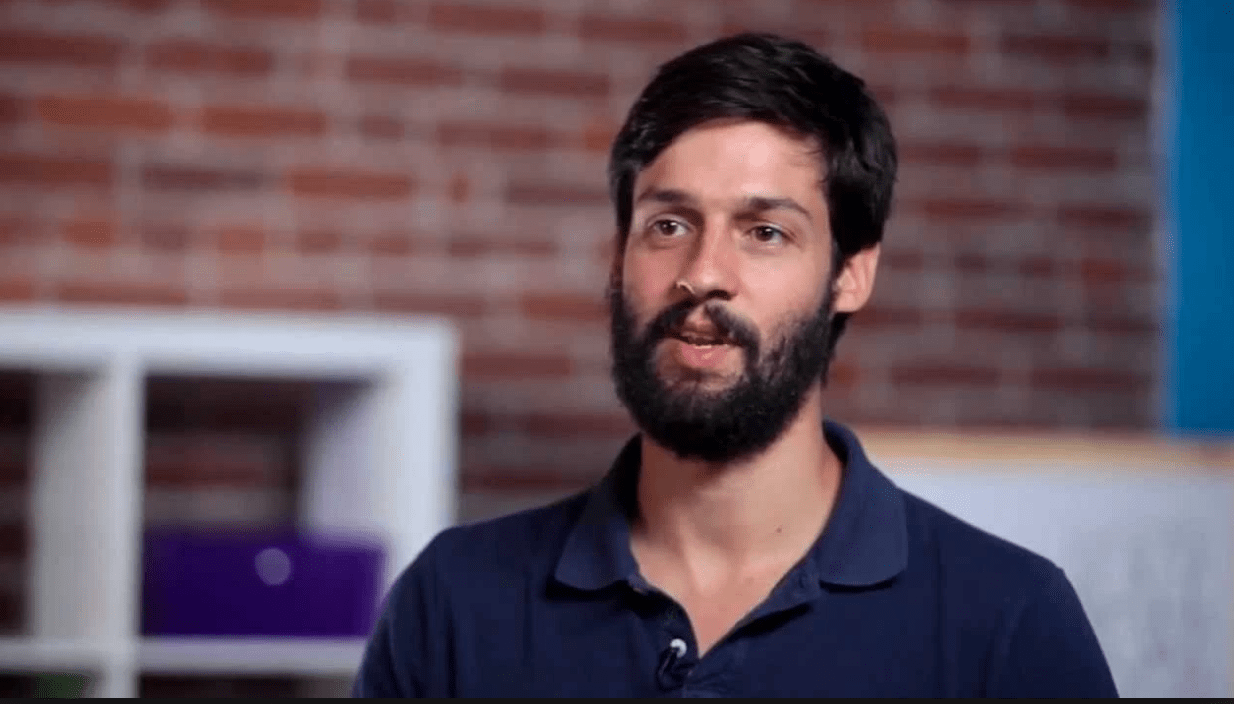Happy Wednesday, everyone! Judging from your autoresponders, half of you are maxing and relaxing somewhere this week; hope you’re enjoying it.:)
—–
Top News in the A.M.
Tesla said this morning that one of its cars has crashed in Beijing while in “Autopilot” mode, with the driver contending that its sales staff sold the feature as “self-driving,” overplaying its actual capabilities. Reuters has more here.
—–
For Ambitious AltSchool, It’s Time for Phase Two
Much has been written about the ambitions of AltSchool, a San Francisco-based startup that’s aiming to change the way that school children learn. Its big idea, broadly, is that personalized learning is far more effective than the standardized education that most students are stuck with today.
As important, personalized learning is scalable, believes AltSchool, which operates seven small private schools – five of them in San Francisco, one in Palo Alto, and one in Brooklyn – and, sorry to disappoint some of you, doesn’t intend to open many more. Instead, after several years of working closely with its kindergarten-through-eighth-grade students and iterating on its personalized learning approach, it’s gearing up to license its findings to other schools that want to embrace more individualized techniques but don’t have $133 million to test what works and what doesn’t. (That’s how much AltSchool has raised so far from its investors).
The 160-person company, which describes itself as very much in the “building phase,” aims to raise more over the next couple of years, too. We talked earlier today with founder and CEO (and former Googler) Max Ventilla to get the full update. Our chat has been edited for length and clarity.
—–
New Funds
AceBot.ai, a year-old, San Jose, Ca.-based company whose chat application augments the workplace messaging platform Slack, has raised $650,000 in seed round funding from Accel Partners. More here.
Alafair Biosciences, a five-year-old, Austin, Tex.-based medical device company focused on internal wound healing, has raised $2 million in Series A funding led by ATP Fund, with participation from UT Horizon Fund and others. More here.
Baker, a two-year-old, Denver-based startup that makes customer relationship management software for marijuana dispensaries, has raised $1.6 million in seed funding led by Buddy Media’s Michael Lazerow, with participation fromBase Ventures, XG Ventures, 500 Startups, Poseidon Asset Management and the co-founders of Superfly, the organizers behind music festivals like Outside Lands and Bonnaroo. TechCrunch has more here.
Carvana, a 5.5-year-old, Phoenix, Az.-based online used car marketplace, has raised $160 million in Series C funding from undisclosed “new and existing” institutional investors. TechCrunch has more here.
FullContact, a six-year-old, Denver-based connected contact management platform for professionals and enterprises, has raised $25 million in fresh funding led by Foundry Group, with participation from Baird Capital, Shea Ventures and Blue Note. The company has now raised just less than $45 million altogether. TechCrunch has more here.
Interactions, a 12-year-old, Franklin, Ma.-based virtual assistant company that’s bolstered by its natural language processing technology, has raised $56 million in new funding led Revolution Growth, NewSpring Capital and Comcast Ventures, with additional funding from existing investors. TechCrunch has more here.
Memebox, a 4.5-year-old, San Francisco-based e-commerce platform that sells Korean beauty products, has raised $66 million in Series C funding led byFormation Group, with participation from Goodwater Capital and Pejman Mar Ventures. TechCrunch has more here.
TVSquared, a four-year-old, Edinburgh, Scotland-based company that sells measurement and optimization services to TV advertisers, has raised $3 million in funding from a group of investors that includes West Coast Capital. Multichannel News has more here.
Viridis Learning, a seven-year-old, New York-based data analytics firm that matches college students with employers, has raised $3.2 million in Series A funding led by Thayer Ventures, with participation from University Ventures, Lumina Foundation, and NVC Investments. EdSurge has more here.
—–
Exits
Disney is paying $1 billion for a 33 percent stake in BAMTech, a video streaming platform created by Major League Baseball. Recode has more on its plans here.
Intel is paying $400 million to acquire two-year-old Nervana Systems, a startup at work on a customized chip for machine learning applications. It’s seemingly a nice return for backers, who’d provided the company with $24.4 million in funding. Steve Jurvetson of DFJ and Shahin Farshchi of Lux Capital wrote about the deal here and here.
General Assembly, a New York-based education company, has acquired Bitmaker, a nearly four-year-old, Toronto, Ontario-based tech and design accelerator, for undisclosed terms. According to CrunchBase, Bitmaker had raised an undisclosed amount of seed funding. VentureBeat has more here.
—–
People
The accidental millionaire in Jet.com’s sale to Wal-Mart.
—–
Jobs
Adams Street Partners is looking to hire two associates for its venture capital/private equity teams. One hire will be in Chicago; another will work in Menlo Park, Ca.
—–
Data
Apple‘s App Store shows no signs of slowing down; on the contrary, it’s set to feature a stunning five million apps by 2020, with games leading the way. TechCrunch has more here.
CB Insights just released a 64-page report that looks at what’s been happening on the corporate venture capital front so far in 2016. Among its findings: corporate VCs participated in $8.6 billion across 376 deals in U.S.-based companies in the first half of 2016, a 14 percent drop in deals when compared with the same period last year. You can download its free report here.
—–
Essential Reads
Alibaba is expected to show a 48 percent rise in first-quarter income when it reports its latest financials tomorrow, yet investor skepticism is high. The WSJ has more here.
Apple is preparing the first significant overhaul of its MacBook Pro laptop line in over four years, according to Bloomberg. More here.
Come on, Snapchat.
—–
Detours
The weird ways people have been fired from “SNL.”
Michael Phelps versus himself.
The rise of investment bank Jefferies.
—–
Retail Therapy
Designer Tom Ford’s Santa Fe ranch. Giddyap!

 You’re opening another of your own schools in Lower Manhattan this fall, and another in Chicago early next year. But after that, you’ll be more focused on partnering with other new and existing schools. Is that right?
You’re opening another of your own schools in Lower Manhattan this fall, and another in Chicago early next year. But after that, you’ll be more focused on partnering with other new and existing schools. Is that right?

